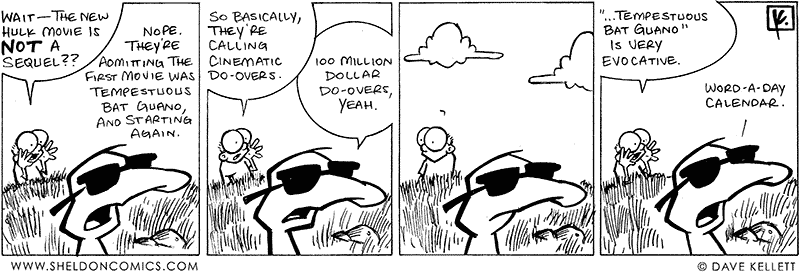Because of the recent catastrophe in the Irawaddy delta, the names of the country formerly known as Burma are in the news again. The same thing happened last fall, when the news was full of protest marches led by Buddhist monks ("Should it be Burma or Myanmar?", BBC News Magazine, 9/26/2008):
The ruling military junta changed its name from Burma to Myanmar in 1989, a year after thousands were killed in the suppression of a popular uprising. Rangoon also became Yangon. […]
The two words mean the same thing and one is derived from the other. Burmah, as it was spelt in the 19th Century, is a local corruption of the word Myanmar.
They have both been used within Burma for a long time, says anthropologist Gustaaf Houtman, who has written extensively about Burmese politics.
"There's a formal term which is Myanmar and the informal, everyday term which is Burma. Myanmar is the literary form, which is ceremonial and official and reeks of government. [The name change] is a form of censorship."
If Burmese people are writing for publication, they use 'Myanmar', but speaking they use 'Burma', he says.
This reflects the regime's attempt to impose the notion that literary language is master, Mr Houtman says, but there is definitely a political background to it.
Richard Coates, a linguist at the University of Western England, says adopting the traditional, formal name is an attempt by the junta to break from the colonial past.
Leaving aside the notion that the local pronunciation is a "corruption", the BBC's discussion omits the most interesting part of the story, at least from an American point of view. They should have asked John Wells, whose discussion of the question I linked to at the time ("Myanmar is mama", 10/15/2007). And the explanations that I've heard and read this time around — yesterday on NPR, for example — again miss the key point. So here it is.
There is no 'r'!
Read the rest of this entry »
